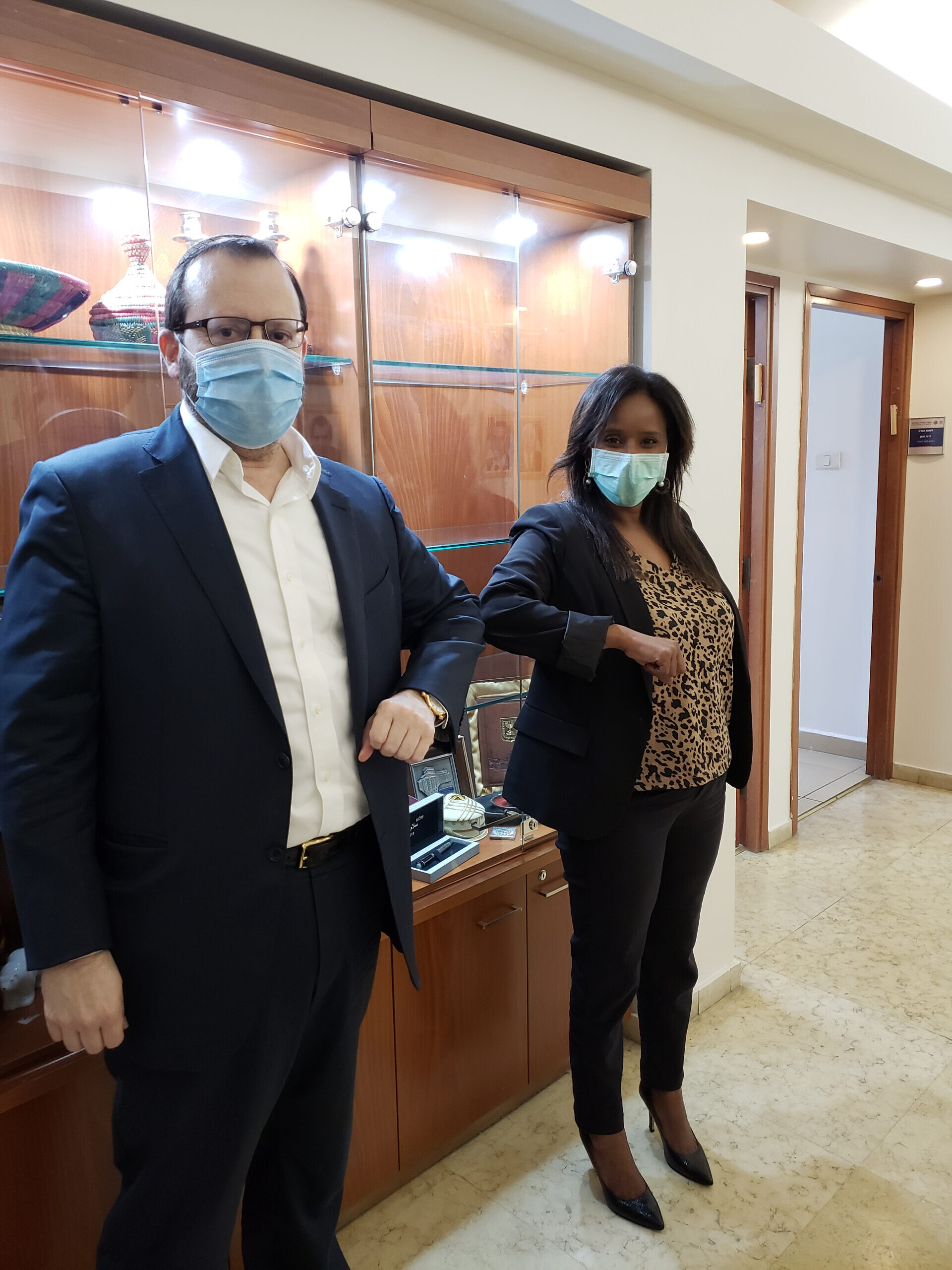Israel’s Minister of Aliyah and Absorption Knesset member Penina Tamanu-Shata announced this month that in cooperation with the Interior Ministry, she is moving ahead with plans for the aliyah of 722 members of the Bnei Menashe community of northeastern India. The first group is anticipated to arrive in Israel after the Jewish High Holidays, which end in mid-October.
The announcement came in a meeting with the Shavei Israel organization’s chairman and founder Michael Freund. During the past two decades, Shavei Israel has assisted in the immigration and absorption of more than 4,000 Bnei Menashe.
The Bnei Menashe, sons of Manasseh, claim descent from one of the Ten Lost Tribes of Israel, who were sent into exile by the Assyrian Empire more than 27 centuries ago. Their ancestors wandered through Central Asia and the Far East for centuries before settling in what is now northeastern India, along the border with Burma and Bangladesh.
Throughout their sojourn in exile, the Bnei Menashe continued to practice Judaism just as their ancestors did, including observing the Sabbath, keeping kosher, celebrating the festivals and following the laws of family purity. They continued to nourish the dream of one day returning to the land of their ancestors: the Land of Israel.

Tamanu-Shata told JNS, “I am proud at this time to implement a government decision enabling around 750 members of the Bnei Menashe community to immigrate to Israel, as they are entitled to do so, in cooperation with the Ministry of the Interior. This is being carried out thanks to a budget from my office, which is set for approval in the upcoming government state budget.”
She added: “To the immigrants from the Bnei Menashe community, I want to say that my door is always open to them, and I intend to work with them in the best possible way to assist with their immigration and absorption.”
‘A blessing for Israel and the Jewish people’
Freund told JNS that while in the past, he would have to run from ministry to ministry to try to gain permission and have funds budgeted for Bnei Menashe immigration, Tamanu-Shata “put the entire funding for this group of immigrants as its own line item in the upcoming state budget, so when they give us the go-ahead, the government doesn’t have to turn to the different ministries.”
“I came away extremely moved and impressed by the minister,” he said. “As an immigrant herself, she has a special place in her heart for aliyah and a passion for it. This is a passion you don’t always find in politicians, so it was refreshing. She made it clear that she is determined to bring the Bnei Menashe to Israel.”
According to Freund, the travel costs to be covered by his organization will amount to an estimated $1,000 per person.
He held a follow-up meeting last week with Tamanu-Shata and Ronen Plot, the mayor of the northern Israeli town of Nof HaGalil. The community already has a group of Bnei Menashe immigrants living there, and Plot suggested that the new immigrants move there as well.
He told JNS, “I invite the Bnei Menashe immigrants to come and live in our city, and join the strong and successful community which has been fully integrated into our town and is an integral part of the Hof Hagalil landscape.”
The mayor added that “we will receive them with open arms and assist them with their absorption so that they feel at home, and part of the extended Bnei Menashe family along with all the residents of our city. I promised the minister that I would personally ensure that they have a smooth absorption in the city; our residents will welcome them with much love.”
Freund emphasized that “the Bnei Menashe are dedicated Zionists, committed Jews, and I believe they are a blessing for Israel and the Jewish people.”
He said that there are still another 6,500 Bnei Menashe Jews in India waiting to come to Israel, and that “with G-d’s help in the coming years, we will bring all those who wish to come back home to Zion.”
Freund, an immigrant himself from the United States, added that just as American Jewry mobilized to assist Jews from the former Soviet Union and Ethiopia make it to Israel, “it’s time for them to step up to the plate and play a more active role in helping the Bnei Menashe return to our people.”























